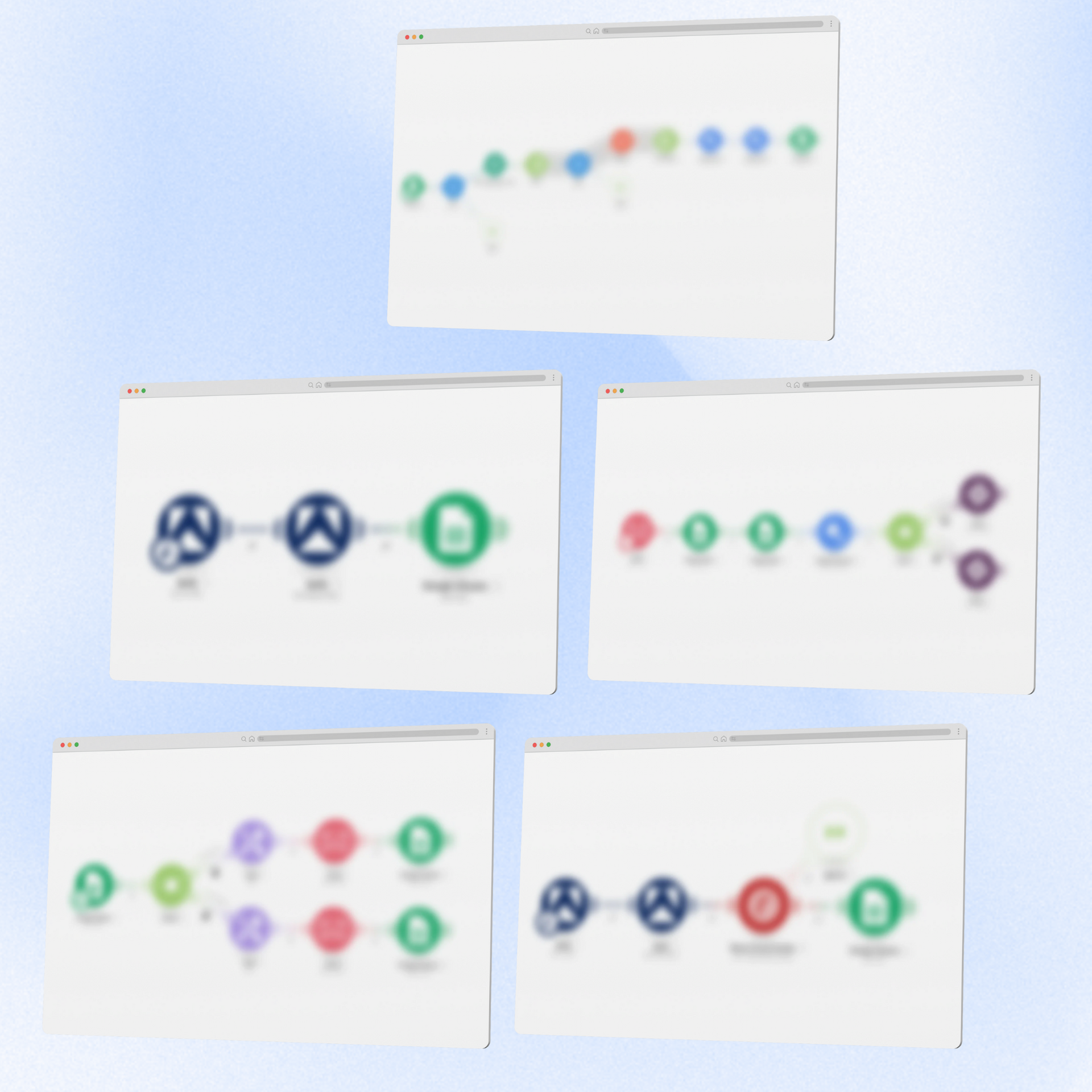Start learning AI in 2025
Everyone talks about AI, but no one has the time to learn it. So, we found the easiest way to learn AI in as little time as possible: The Rundown AI.
It's a free AI newsletter that keeps you up-to-date on the latest AI news, and teaches you how to apply it in just 5 minutes a day.
Plus, complete the quiz after signing up and they’ll recommend the best AI tools, guides, and courses – tailored to your needs.
Good morning! It is December 3, 2024, today. We have an exciting lineup of AI news, from ChatGPT's unexpected issues to DIA's innovative AI browser and the race to develop AI shopping agents. Let's dive into the latest updates!

1. Who Is David Mayer? ChatGPT's Mysterious Error Leaves Users Puzzled
ChatGPT users are encountering error codes whenever they type the name "David Mayer," sparking curiosity and theories about the mystery. Some speculate links to controversial figures, privacy laws like the EU's "right-to-be-forgotten," or even a technical glitch. Efforts to bypass the error through creative prompts have failed, adding to the intrigue. OpenAI has yet to comment on why the name triggers this response, but it's not the first time the AI has delivered unexpected outcomes. For now, the true reason remains a mystery, fueling social media buzz.

Credit: The Browser Company
2. Meet Dia: The AI-Powered Browser Set to Revolutionize Web Tasks
The Browser Company has unveiled Dia, a next-gen AI-powered web browser slated for early 2025. Designed to simplify internet tasks, Dia introduces innovative features like summarizing tabs, fetching facts, generating ideas, and executing commands directly in the browser. It can even handle complex tasks, such as creating shopping lists or sending tailored emails. The company envisions Dia as an all-encompassing environment where AI seamlessly integrates with browsing, moving beyond simple apps or buttons. Despite the launch of Dia, the company reassures users that its first browser, Arc, isn’t going anywhere, affirming a future where AI-powered browsers lead the way.

3. AI Shopping Agents Are Here: How They Could Revolutionize Online Shopping
Perplexity has launched an AI shopping agent that navigates retail websites, finds products, and completes purchases using secure single-use debit cards. Similar tools from OpenAI, Google, and others are expected soon, potentially reshaping online shopping by saving time and reducing website visits. However, issues like delays, stock errors, and privacy concerns highlight the challenges these agents must overcome before they can fully disrupt traditional retail.

Credit: MIT
4. Revolutionizing AI: MIT’s Photonic Chip Powers Lightning-Fast Machine Learning
MIT researchers have developed a groundbreaking photonic chip that uses light to perform all key computations of a deep neural network, offering faster and more energy-efficient alternatives to traditional hardware. Overcoming challenges like nonlinear processing, the fully integrated chip achieved over 92% accuracy and completed tasks in under half a nanosecond. Fabricated using standard processes, it holds promise for scalable applications in fields like telecommunications, lidar, and real-time AI learning.

5. Algorithmic Rent Pricing Under Fire
San Diego is drafting a ban on algorithmic rent-pricing software like RealPage's YieldStar, accused of inflating housing costs by pooling landlord data to fix rents. A federal antitrust lawsuit alleges the company’s practices harm tenants, with rents in San Diego up 21% since 2020. Critics say the software drives inequality, while RealPage defends its technology as pro-competitive. Similar bans have passed in cities like San Francisco and Philadelphia, highlighting growing concerns over AI’s impact on housing affordability.

Credit: Cerebras
6. Cerebras Breaks AI Speed Records with Meta’s Llama 3.1 405B Model
Cerebras Systems claims a major AI breakthrough with Meta's Llama 3.1 405B model, achieving record-breaking speeds of 969 tokens per second—up to 75 times faster than GPU-based competitors, according to Artificial Analysis. Powered by its CS-3 supercomputer and Wafer Scale Engine 3, Cerebras offers unmatched performance, including the world’s fastest time to first token at 240 milliseconds. Meta's GenAI VP hailed the results as transformative for AI scalability and affordability. Customer trials are ongoing, with general availability expected in Q1 2025 at competitive pricing.
How would you rate today's newsletter?
Stay tuned for more updates, and have a fantastic day!
Best,
Zephyr






